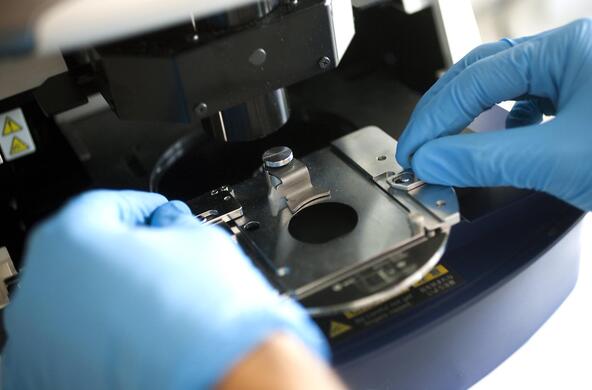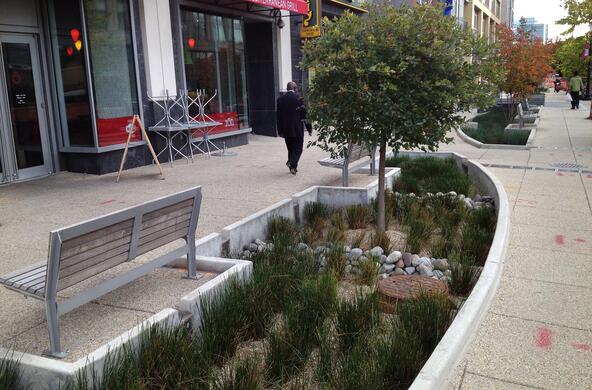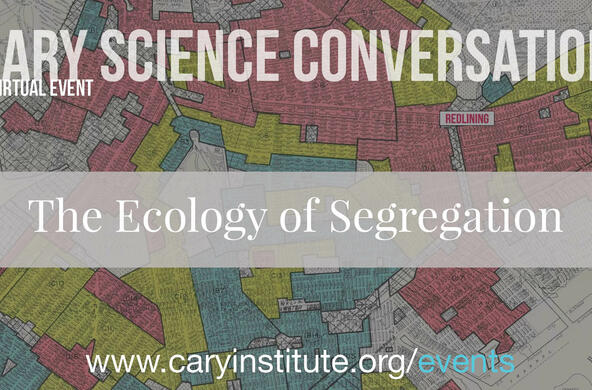Speaker: Dr. Abby Kinchy, Professor, Department of Science and Technology Studies, Rensselaer Polytechnic Institute
Anyone who has been involved in a participatory environmental science project has probably encountered at least one of these dilemmas: How can you be inclusive when not everyone has the same capacity to volunteer? How can you advocate for social change when you are also trying to build a reputation for scientific credibility? How can you connect with people where they live while addressing the broader scale of environmental problems?
For the last fifteen years, Abby Kinchy, a sociologist, has been examining such tensions and exploring why ‘citizen science’ hasn’t often lived up to its democratic promise. Her case studies are wide-ranging, from Mexican farmers who monitor their crops for unauthorized GMOs, to a network of Pennsylvania residents who routinely test their creeks for ‘fracking’ waste. Drawing lessons from these and other examples, this presentation will consider how to focus on justice and equity when designing, promoting, and carrying out participatory environmental research.
Dr. Kinchy will also relate how she is applying these lessons in ‘Our Soil/Nuestros Suelos’, an interdisciplinary effort to create a ‘do it together’ soil testing kit that will help city dwellers detect heavy metal contamination and revitalize urban soils. Ultimately, the message of this presentation is that building effective community partnerships requires thoughtful deliberation about values and political commitments, as well as strong institutional support for projects that do not fit neatly into existing categories.





